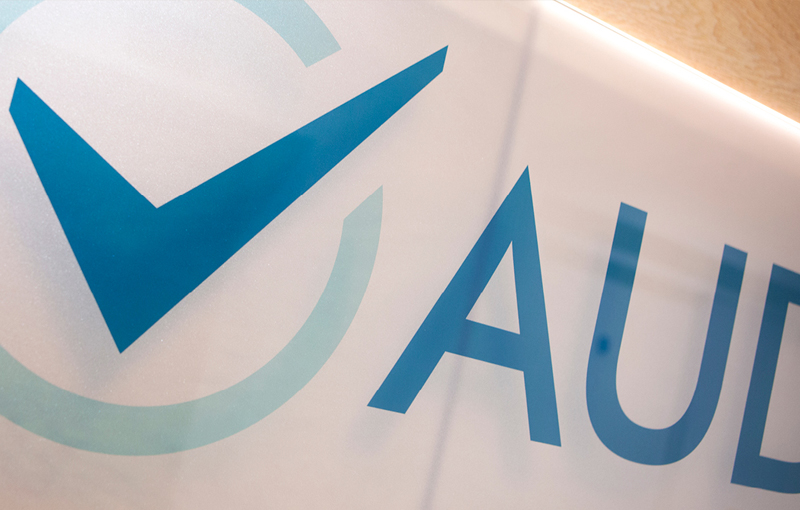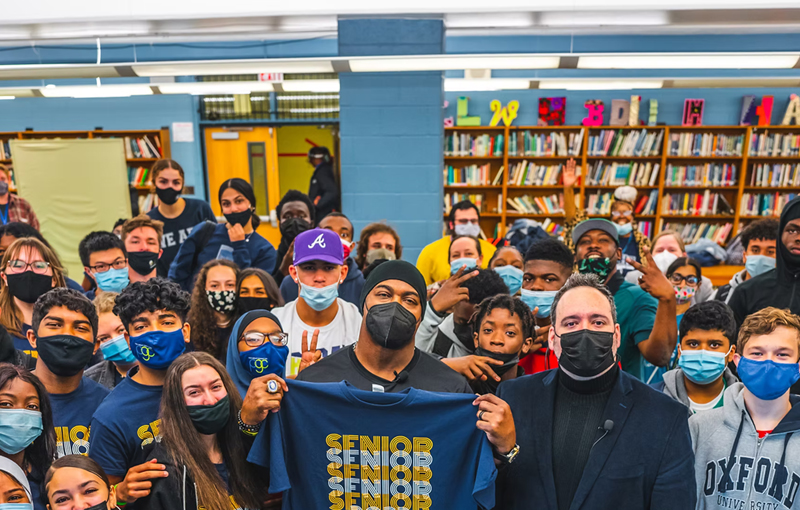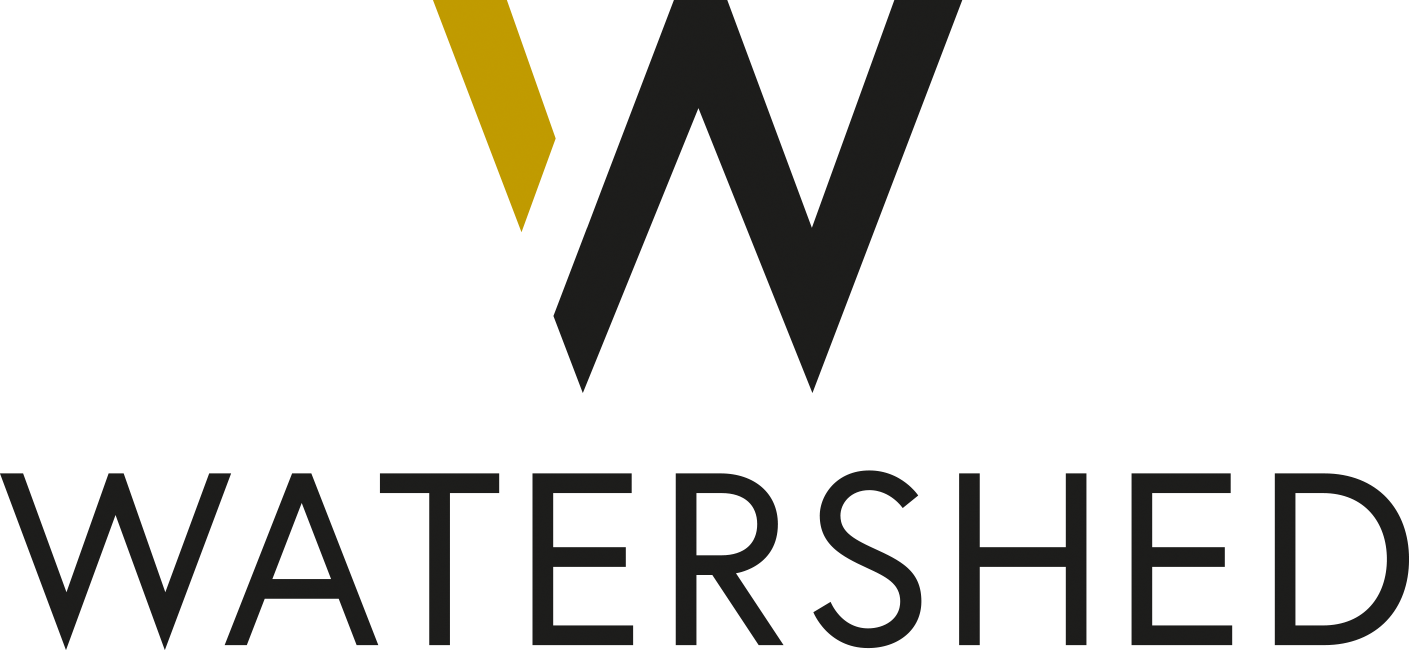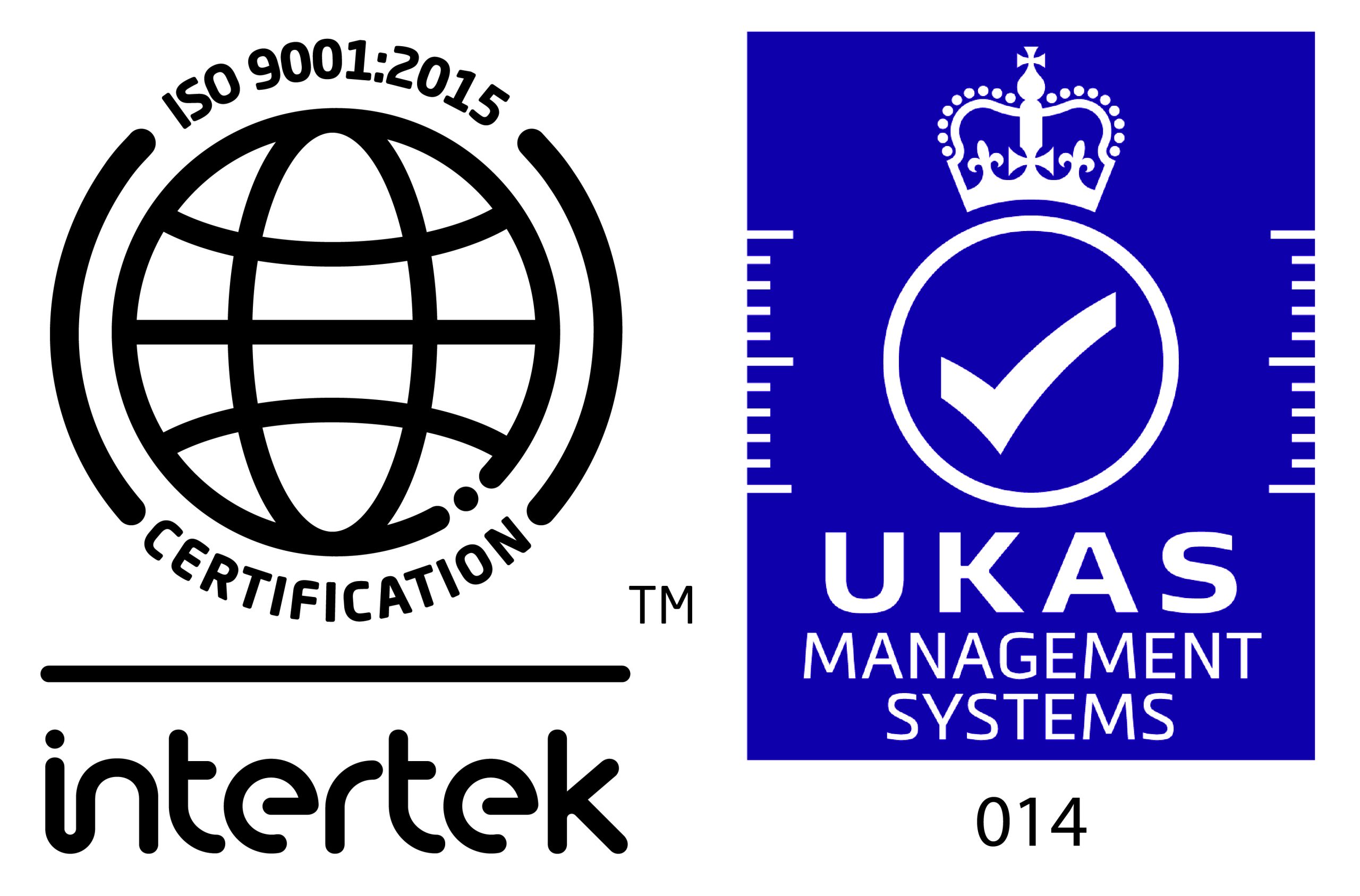Diversity, Equity and Inclusion
Embedding fairness in the everyday
Diversity, equity and inclusion (DEI) are not standalone initiatives. They are the hallmarks of a modern, resilient workforce, and they begin not with slogans, but with process.
At Watershed, we support employers in embedding fairness and inclusivity into the structures that shape recruitment, progression, conduct, and day-to-day decision-making.
Our work in this space is legal, not cosmetic. We don’t run training programmes or deliver vision statements. We advise on the frameworks, policies and risk points that make the difference between a well-meaning intention and a robust defence.
The legal landscape
DEI work sits squarely within the scope of UK employment law. Obligations under the Equality Act are expansive, extending from recruitment and adjustments to promotions, disciplinary action and redundancy selection.
These duties are not optional, and failure to meet them carries significant reputational and legal risk.
We help clients understand where these risks lie and how to address them proportionately. This includes navigating indirect discrimination risks in selection criteria, ensuring consistency in decision-making, and handling reasonable adjustments with both empathy and rigour.
More than inclusion
While much DEI work focuses on creating a sense of belonging, our lens is sharper. We focus on equity, on whether processes treat people fairly, especially where protected characteristics are in play.
We advise on:
- Recruitment practices that minimise unconscious bias
- Adjustments for neurodiverse and disabled employees
- Internal audits of process fairness and accessibility
- Responding to grievances alleging discriminatory treatment
- Ensuring proportionality in performance and conduct decisions
We understand that some risks are structural. Others emerge in the margins. Our role is to help you see both.
Adjustments: the everyday pressure point
The question of reasonable adjustments is now a central theme in many of the cases we advise on.
As awareness of neurodiversity and hidden disabilities grows, so too does the complexity of what employers must consider. The law demands reasonableness. But what is reasonable in one organisation may be burdensome in another.
We work with employers to assess adjustment requests practically and legally. That means evaluating not just what the employee wants, but what the business can realistically support, and documenting that analysis in a defensible way.
Done poorly, adjustment decisions can lead to costly litigation. Done well, they can unlock performance and trust.
Culture vs compliance
We are not DEI consultants. We are employment lawyers with deep experience of what fails under scrutiny. We know that organisations can appear inclusive in culture, yet fall short in process. Our job is to close that gap.
That might involve reviewing job descriptions that inadvertently deter certain groups, revising sickness policies that penalise disabled employees, or assessing grievance data to identify systemic concerns. It is not always glamorous work. But it is the work that holds up under challenge.
The cost of getting it wrong
DEI-related claims are on the rise. Many are well-founded. Some are not. But all require time, money and attention to resolve.
The best defence is preparation: policies that are clear, decisions that are documented, processes that are followed.
Where clients come to us post-incident, we support with investigation, response, and strategy. Where they come to us earlier, we help prevent the incident altogether.
Why clients choose Watershed
Clients instruct us because we are practical, not performative. Because we bring senior legal judgment to sensitive questions. And because we understand that fairness is not just about feeling, it’s about process.
We believe that inclusive workplaces are built not on messaging, but on decisions. And we help you get those decisions right.

HC-One

Gooch & Housego
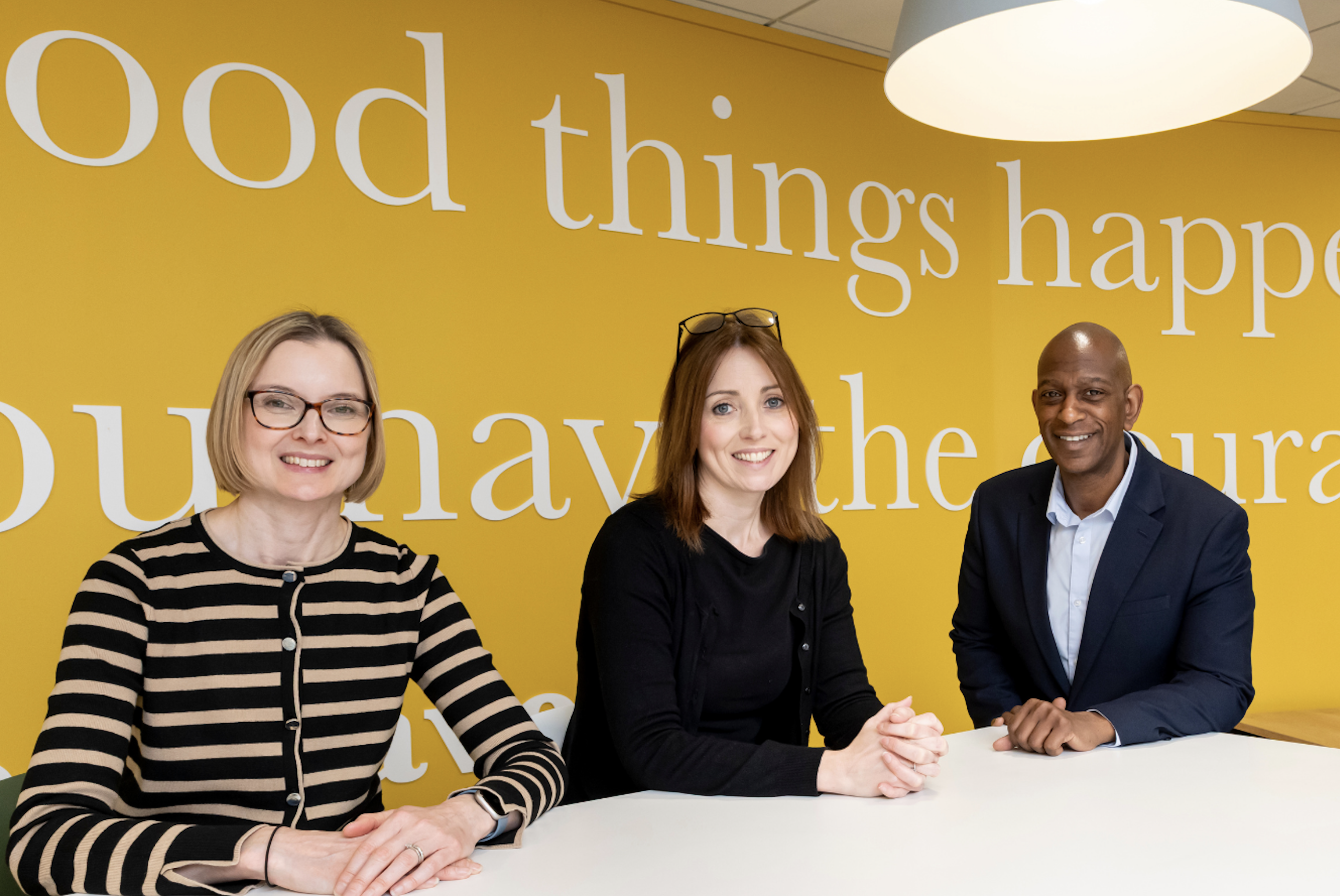
Findel Education
Our clients include those listed on the FTSE 250, representing a cross-section of influential and publicly traded companies





















